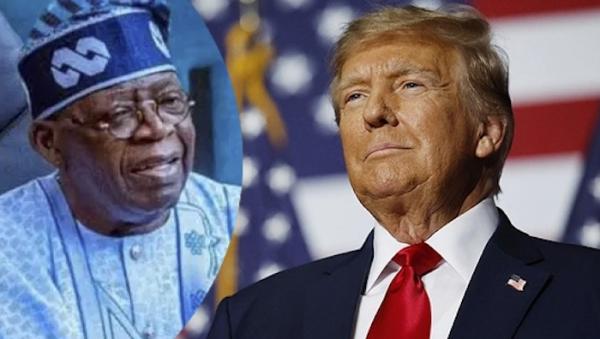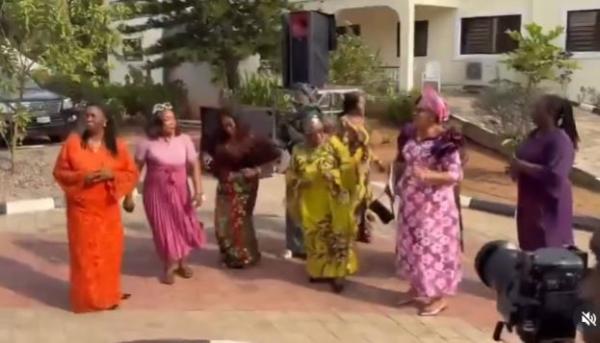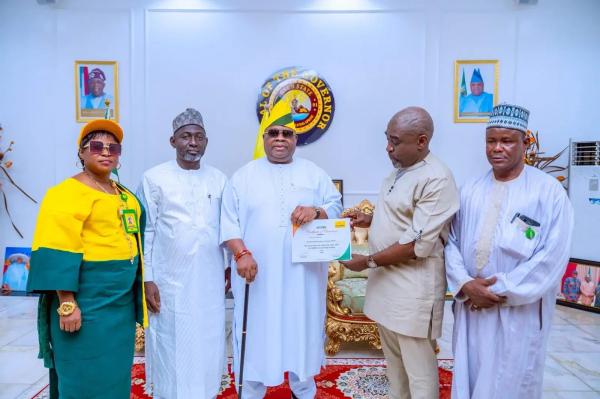
For the first time in her life, Asha, a street cleaner in the Indian city of Jammu, will be allowed to vote in upcoming local elections. And she's in no doubt who will get her ballot.
Asha plans to reward Prime Minister Narendra Modi's ruling Bharatiya Janata Party (BJP) for scrapping policies in place for decades that denied her and a million more people in the region of Jammu and Kashmir many of the same rights as other Indians.
"We have faced the humiliation silently, but Modi-ji has changed our lives forever," she said, leaning on her broom. "It's not just me and my children, future generations from our community in Jammu and Kashmir will vote for the BJP."
The Hindu nationalist party is counting on Asha's vote as it pushes to take control of India's part of the Himalayan region that is hotly contested by neighbouring Pakistan and has been governed almost exclusively by Muslim chief ministers.
The BJP hopes the addition of up to a million mostly Hindu voters to the electoral roll, new electoral boundaries, seven more seats in the regional assembly and the reservation of nine for groups likely to back the BJP will give it a fighting chance of becoming the biggest party in the 90-seat legislature.
Reuters has interviewed three dozen federal and state officials, six groups representing disenfranchised residents, and analysed the latest data to lay out for the first time the scale of the BJP's push in Kashmir - and why it may succeed.
A BJP majority would be a seismic shift and even talk of a strong showing underlines how Modi has trampled on old taboos to push his agenda in every corner of the country of 1.4 billion people.
The 72-year-old, who is set to run for a third term in 2024, has combined promises of prosperity and social mobility with a robust Hindu-first agenda to dominate Indian politics.
A BJP victory in the disputed region could consolidate India's claim over the territory on the global stage.
"We have taken a pledge to cross 50-plus seats to form the next government with a thumping majority," the BJP's president for Jammu and Kashmir, Ravinder Raina, told Reuters. "The next chief minister will be from our party."
For many of Jammu and Kashmir's Muslims, the BJP's policies upending decades of autonomy and privilege represent a dangerous new phase in what they see as a nationwide push to champion the rights of the Hindu majority over minority groups.






















